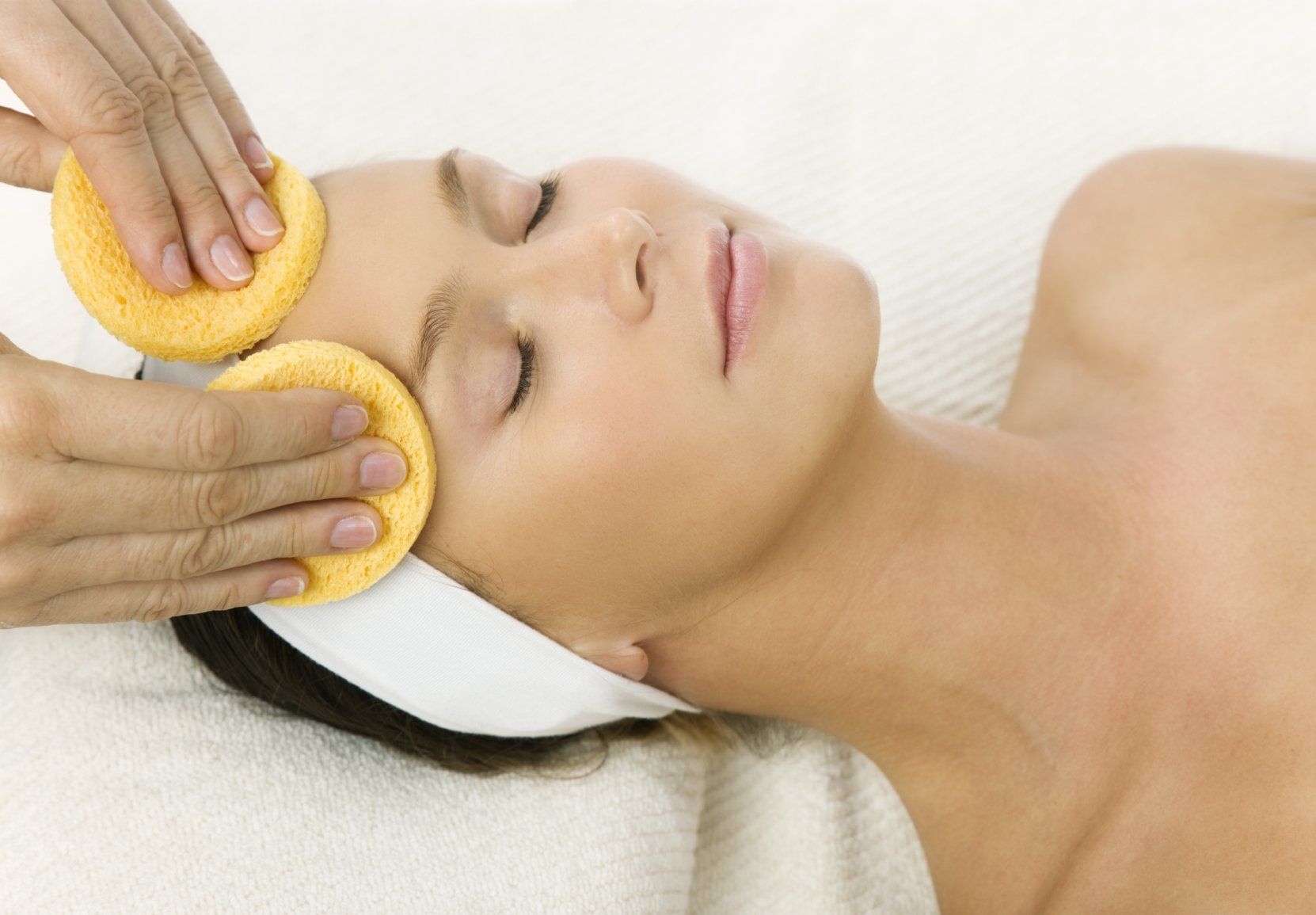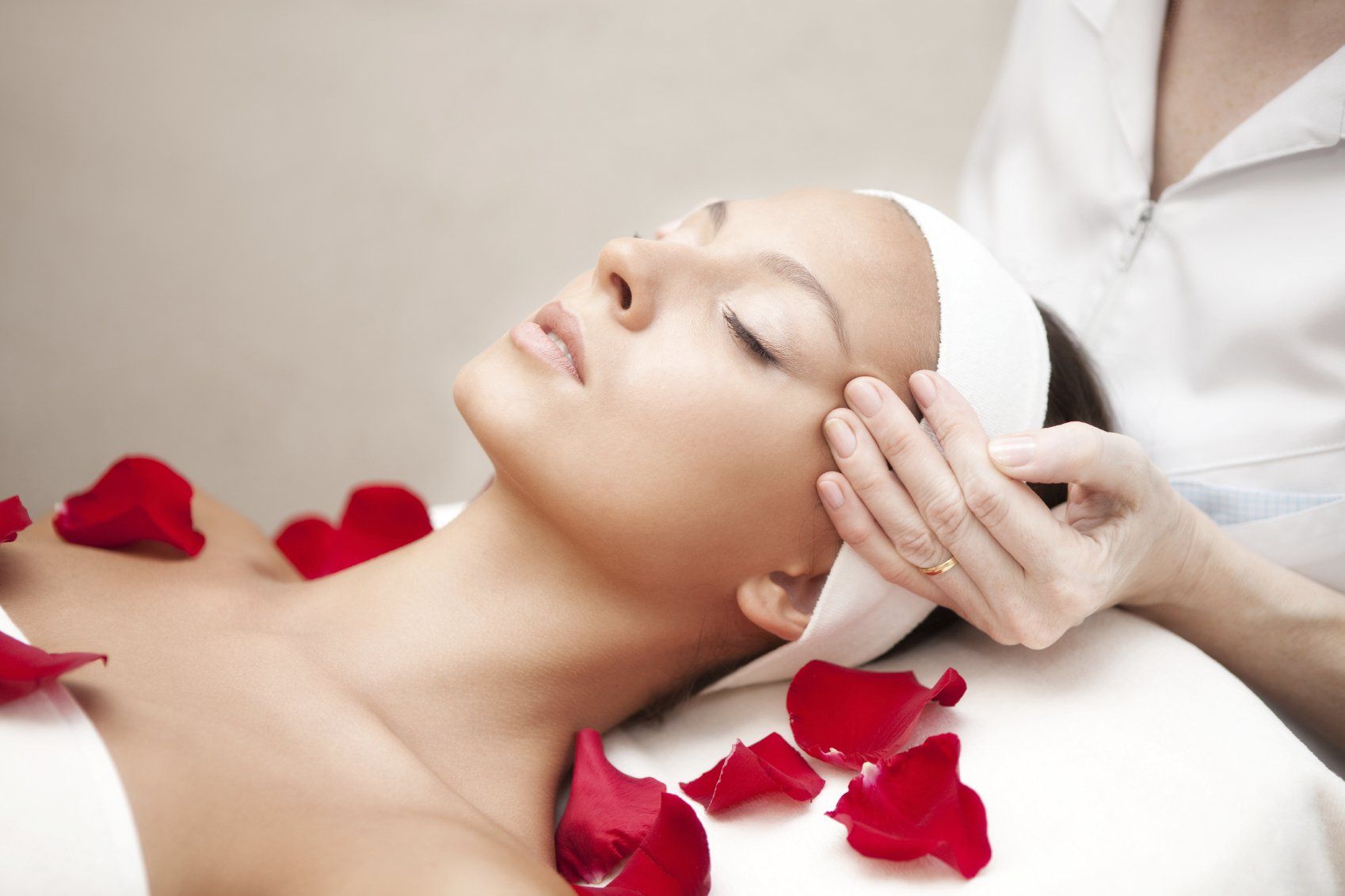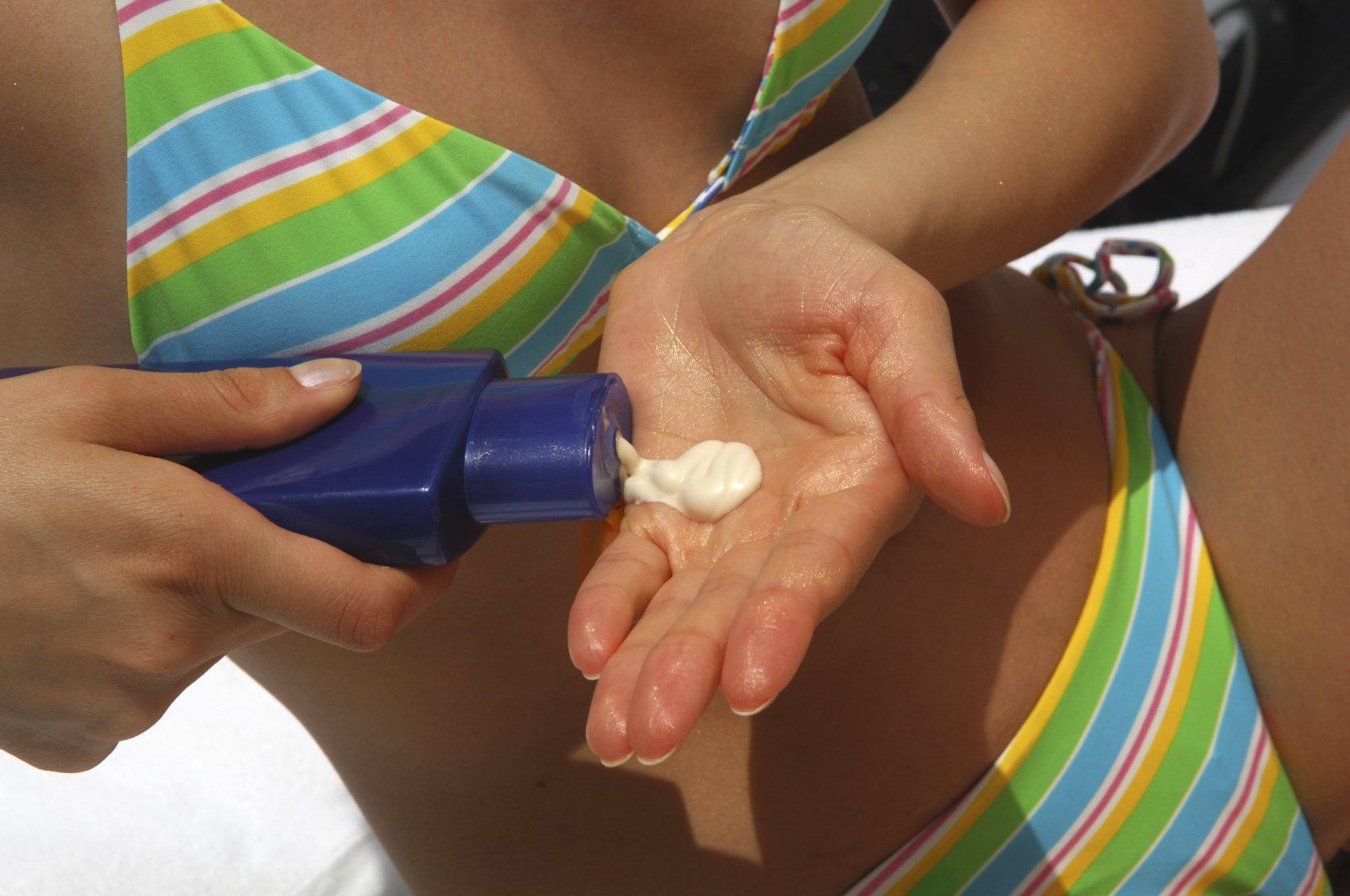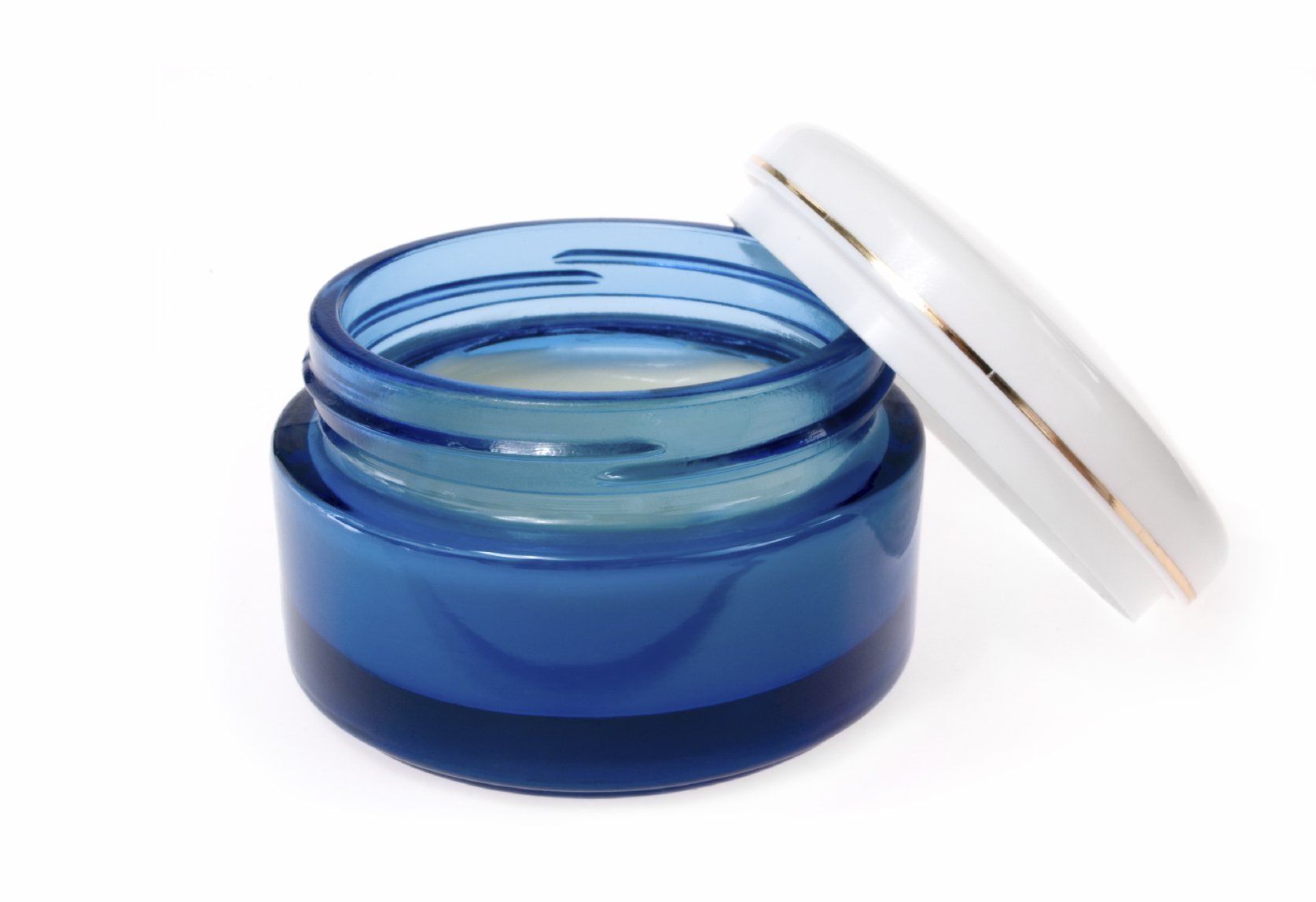The Foundation of Great Skin: Getting Cleansing Right
Why cleansing your skin is so important

Welcome to Part two of our skincare fundamentals series! Today, we're diving deep into one of the most essential yet often overlooked steps in any skincare routine—cleansing. A good cleansing of your skin does more than just remove dirt and makeup; it sets the stage for the effectiveness of everything that follows. But how do you ensure you're getting it right? Let's explore.
Why Cleansing is Important
Throughout the day and night, our skin accumulates a mix of oils, dirt, pollutants, makeup, and dead skin cells. Without proper cleansing, these build-ups can clog pores, lead to breakouts, and dull your complexion. By effectively cleansing, you create a clean canvas for your skin, allowing serums, moisturisers, and treatments, to penetrate better and work more effectively.
What is the Skin Barrier?
Your skin barrier, the outermost layer of the skin, acts as a shield protecting against environmental aggressors and retaining moisture. This barrier is composed of three key elements:
- Acid Mantle: A thin, protective layer on the skin’s surface, the acid mantle has a slightly acidic pH, which helps fend off harmful bacteria and environmental pollutants.
- Lipid Layer: Made up of ceramides, fatty acids, and cholesterol, the lipid layer holds your skin cells together, much like mortar in between bricks in a wall. This layer locks in moisture and prevents irritants from penetrating the skin.
-Skin Microbiome: This refers to the community of friendly bacteria living on your skin. A balanced microbiome is essential for healthy skin, as it helps ward off harmful microbes and maintains the skin's natural pH.
The Importance of a Healthy Skin Barrier
A healthy skin barrier is critical for:
Hydration: It locks in moisture, keeping your skin plump and hydrated.
Protection: It guards against environmental aggressors, allergens, and irritants.
Resilience: It helps your skin recover from damage, reducing the likelihood of sensitivity and irritation.
What Happens When the Skin Barrier is Compromised?
When the skin barrier is compromised, you may notice dryness, irritation, redness, and increased sensitivity. Your skin might feel tight, rough, or appear flaky. These symptoms often result when cleansing you skin and using the wrong cleanser or products with harsh ingredients that strip away the essential lipids, disrupting your skin's natural defence system.
Choosing a Cleanser That Supports the Skin Barrier
Selecting the right cleanser is crucial for maintaining the integrity of your skin barrier. Here’s how to make the right choice:
1. Avoid Harsh Surfactants
Surfactants are the ingredients in cleansers that allow them to lather and remove oils. However, harsh surfactants, like those found in many shower gels and soaps, can strip your skin of its natural oils, much like removing the mortar from a brick wall. This weakens your skin’s defences, leaving it vulnerable to damage.
2. Consider pH Balance
Your skin’s acid mantle is naturally acidic, with a pH around 4.5 to 5.5. Using cleansers that are too alkaline, such as traditional soaps or face wipes, can disrupt this balance, leading to dryness and irritation. Look for cleansers that match your skin’s natural pH to keep your barrier intact.
3. Gentle Exfoliation
Using a clean muslin cloth with a gentle cleanser can provide mild mechanical exfoliation, which helps remove dead skin cells without the harshness of scrubs. This method is beneficial for maintaining smooth, clear skin without compromising the barrier.
4. Active Ingredients in Cleansers
Cleansers formulated to include gentle AHAs (Alpha Hydroxy Acids) and BHAs (Beta Hydroxy Acids) can provide exfoliation and benefit acne-prone skin. These ingredients help in removing dead skin cells, keeping pores clear, and brightening the complexion without overly stripping the skin.
5. Avoid Harsh Ingredients
Steer clear of cleansers containing sulphates, alcohols, and synthetic fragrances. These ingredients can dry out your skin, disturb the skin microbiome, and weaken your skin barrier, leading to a host of issues, including dryness, irritation, and breakouts.
How Often Should You Cleanse?
Cleansing twice a day—morning and night—is generally recommended. Morning cleansing helps to remove overnight oils and sweat, preparing your skin for your daytime skincare routine. Evening cleansing removes the day’s accumulation of makeup, dirt, and pollutants, allowing your skin to regenerate and absorb night-time treatments effectively.
In Summary, getting your cleansing routine right is the cornerstone of healthy, radiant skin. By choosing the correct cleanser and understanding the importance of protecting your skin barrier, you can enhance your skin's hydration, protection, and resilience. Avoid harsh ingredients, consider your skin’s pH, and use gentle exfoliation techniques to maintain a balanced, healthy complexion.
At HGFace, we have extensive knowledge of various medical-grade skincare brands. We analyse your skin and guide you to the best cleanser to suit your skin type and budget. Please
get in touch today to discuss your cleansing journey today.













